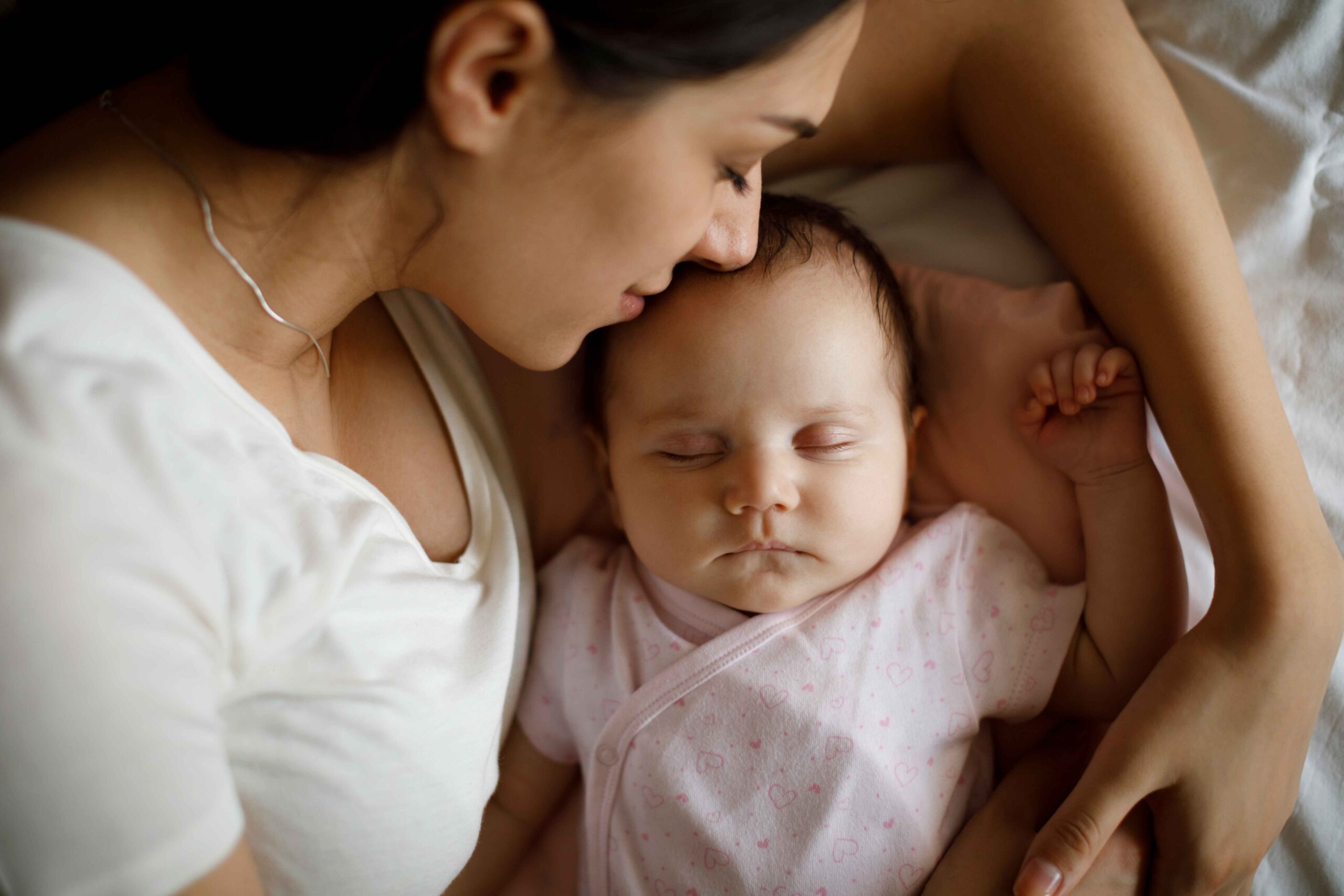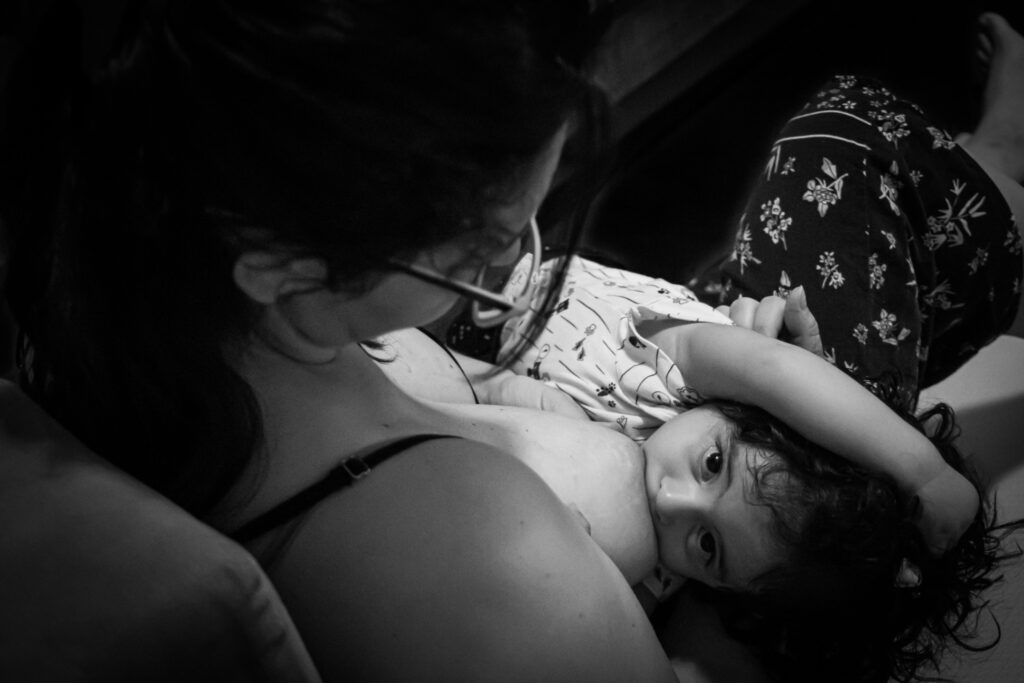Baby Sleep 101: The basics of baby sleep

Baby Sleep 101: The basics of baby sleep It is only after we become parents that we realize what a rocky road baby sleep is and how there is just so much learn and unlearn as we meet our baby’s biological needs while getting some rest ourselves! Let’s talk about some of the basic concepts of baby sleep. Why is sleep important for your child? Whether you have a baby or a toddler, sleep plays an important developmental role. Sleep is as important as food and, yet, somehow it does not receive the same mindful attention from parents. Often, parents are advised to let the child stay up until they drop off to sleep or to skip nap times to have an early bedtime or to reduce nightwakings. This advice usually backfires but is also developmentally potentially harmful. Good sleep is important for physical growth (the growth hormone is secreted during sleep), lower chances of obesity, heart protection, stronger immunity (proteins called cytokines, the building blocks of immunity, are produced during sleep), better attention spans, greater ability to learn and higher brain growth amongst other things. Night sleep and day sleep have different functions so naps play a vital role as well. What is “Sleep Parenting”? A commonly asked question is, “Don’t children just sleep when they are tired?”. The answer is no. The first step to sleep parenting is acknowledging that parents have to support the child to sleep. We help our babies to eat, bathe, play, walk, learn, talk and, yet, somehow we assume that parenting ends when the baby is asleep. This is where many things go wrong as our babies actually continue to need parenting when they sleep. Sleep parenting involves : Observing cues: Babies and toddlers show sleep cues in stages. It is important to observe for early sleep cues (see chart). When intercepted early, it is easier to make the baby/ toddler sleep than when the cues are not understood and the baby/toddler reaches the crying, overtired phase. An overtired child resists sleep and does not sleep well. Feeding or rocking to sleep: It is biologically normal for babies and young toddlers to sleep while nursing/bottle feeding and rocking/walking. These are not “bad sleep habits” or “bad sleep associations”. It is biologically normal for babies to need assistance in this regard and that too with active soothing methods such as these (patting does not work until much later). Children under 3.5 – 4 years cannot be expected to fall asleep on their own. Follow a child-led approach to trying different soothing methods. Holding while asleep: Young babies often wake when put down. They have a biological survival instinct that makes them seek the comfort and security, which comes from physical contact. If your baby is waking up when put down (either immediately or a few minutes later), we need to take the hint and keep holding them This is one vital example of how parenting does not end when the baby is asleep. Babies often need to be held for up to 10-11 months and during regression phases even after. This is biologically normal and not a bad habit. They outgrow the need when they are ready. Further reading on this: Why Does My Baby Wake Up When I Put Her Down? – Bellybelly.com.au When Your Child Will Only Nap On You – Sarah Ockwell-Smith Helping to go back to sleep: If your concern is that your 5 month old or 1 year old doesn’t nap more than 30 minutes at a stretch, the solution is to “bridge the nap”. When your child takes brief naps it doesn’t mean that her/ his nap is complete. It means that the child needs help in going back to sleep through active means of soothing. Bedsharing: Bedsharing is safe and normal and often leads to better sleep for the child and parents. There is much evidence on the benefits of bedsharing as well. For example, see Professor James McKenna’s research: https://neuroanthropology.net/2008/12/21/cosleeping-and-biological-imperatives-why-human-babies-do-not-and-should-not-sleep-alone/ Following baby’s schedule: A baby’s sleep schedule – based on the baby’s cues and natural biological rhythms – is sacrosanct. It works much better if adults adapt to the baby’s schedule rather than the other way round. Creating the right sleep environment: A pitch dark and quiet room for both daytime naps and night sleep (after the age of 3 months in particular) are vital to good sleep. These are biological needs as babies are very easily stimulated and jerked out of sleep. These do not form “bad habits”. What is Overtiredness? A child is overtired when she/he is awake beyond the age appropriate awake window. The child’s body recognizes that sleep isn’t coming and secretes the stress hormones cortisol and adrenaline to cope with it. The child experiences a “second wind”, wherein the child snaps back to wakefulness and becomes hyperactive. Does your baby/ toddler get over active when it is time for bed? Does she/he resist bedtime even though they look tired? Does your child often cry before sleeping? All these are classic examples of overtiredness. An overtired child does not sleep well, which can lead to multiple night wakings, including active nightwakings. Sleep Cues and Awake Windows Every baby is unique but babies of the same age range have similar sleep needs because it is biologically determined, like any developmental milestone. Looking out for sleep cues is important to determine when the child is ready to sleep. Babies and toddlers have early and late sleep cues, and the earlier a caregiver responds to sleep cues and soothes a child to sleep the better because late sleep cues lead to sleep resistance and disturbed sleep – also signs of overtiredness. Please refer to the chart above to understand what cues to look out for. “Awake window” means the time in between two naps or between naps and night sleep when a child can stay awake and interact without getting overtired. The
Do I need to wean the breast or the bottle after my baby turns 1?

Do I need to wean the breast or the bottle after my baby turns 1? As you approach your baby’s first birthday, you may wonder if you need to wean from breastfeeding. Your elders or friends or even paediatrician may suggest that you have done it for long enough and now it is, at best, not of much value and, at worst, a bad habit you will never get rid off. Well, we already know that nursing to sleep (or nursing in general) is not a bad habit and is, in fact, the biological norm. WHO recommends breastfeeding for a minimum of 2 years. Anthropologist Katherine Dettwyler has argued that the natural age of weaning for human babies is between 3 and 5 years by looking at various “life-history” variables (such as length of gestation, birth weight, growth rate, age at sexual maturity, age at eruption of teeth, life span, etc.) in primates and correlating them with their age of weaning, and then extrapolating that to humans. The second year of life is actually FULL of milestones, regressions and tough phases. There are clear regressions at 16 months, 18 months, 21 months and 24 months. In fact, toddler sleep is a whole different ballgame from infant sleep. Breastfeeding can be a life-saver during these tough phases. Breastmilk also continues to provide nutrition and antibodies in the second year of life and beyond. In the second year (12-23 months), 448 mL of breastmilk provides: 29% of energy requirements 43% of protein requirements 36% of calcium requirements 75% of vitamin A requirements 76% of folate requirements 94% of vitamin B12 requirements 60% of vitamin C requirements — Dewey 2001 Breastfeeding is an invaluable sleep tool and can see you through regressions, teething, illness and regular wakings with minimal fuss. It is also a wonderful parenting tool in general and can be a source of connection, emotional regulation, comfort and so much more in your relationship with your child. In general, the benefits of breastfeeding to natural term – or when baby weans naturally – far outweigh the costs, if any. As far as bottles go, the American Academy of Paediatrics recommends weaning them by the age of 18 months. There are organizations that recommend weaning at 12 months. This encompasses bottles containing all kinds of milk – human, animal or formula. Bottles do cause pooling of milk in the mouth and can cause tooth decay if used at night. Bottles can also cause dental issues like overbite or teeth protrusion. They have been linked with respiratory risks as well. However, weaning bottles needs to be approached with a lot of care and empathy. As we know, children do have a natural suckling instinct which they would naturally outgrow sometime between 3 and 7 years. Breastfed babies do not need to be deprived of it but bottle-fed babies do, which is immensely unfair to the babies. Therefore, bottle weaning should not be harsh or abrupt. It should be done over several months with a progressive transition to cups. Milk consumed at night from a bottle can be diluted with water very, very gradually – like 10 ml every two weeks – so that baby’s body gets used to taking in those calories during the day and also accustomed to consuming water instead of milk at night.
Is nursing to sleep a bad habit?

Is nursing to sleep a bad habit? Nursing to sleep is the biological norm. It is how nature intended babies to sleep. The suckling motion promotes sleep and produces sleepy hormones in both the mother and the baby. Breastmilk produced at night contains the sleep hormone, melatonin – which plays a vital role in regulating the baby’s circadian rhythms (day/night body clock). Babies also feed well when they are asleep, while they may be distracted when awake. Moreover, nursing creates comfort and security. The physical closeness with the parent helps them sleep better. It’s actually the perfectly designed sleep solution! Babies do not form habits. Nor do they manipulate or “remember” that they should do something in order to get a particular result. Their neocortex (thinking brain) is simply not developed enough. They only follow their biological programming and, when they are able to outgrow it naturally, they do. If need be, nursing to sleep can be replaced by rocking or walking, especially with an alternate caregiver. This association can be created gradually over time and most babies respond very well to multiple methods of falling asleep. Having said that, for the mom, nothing is easier and more convenient than nursing to sleep! It is much less labour intensive than rocking or walking or bottle feeding. A mum can bedshare and nurse lying down. She barely needs to wake when her baby does. So, nursing to sleep leads to much more undisturbed and continual sleep for a mom!
